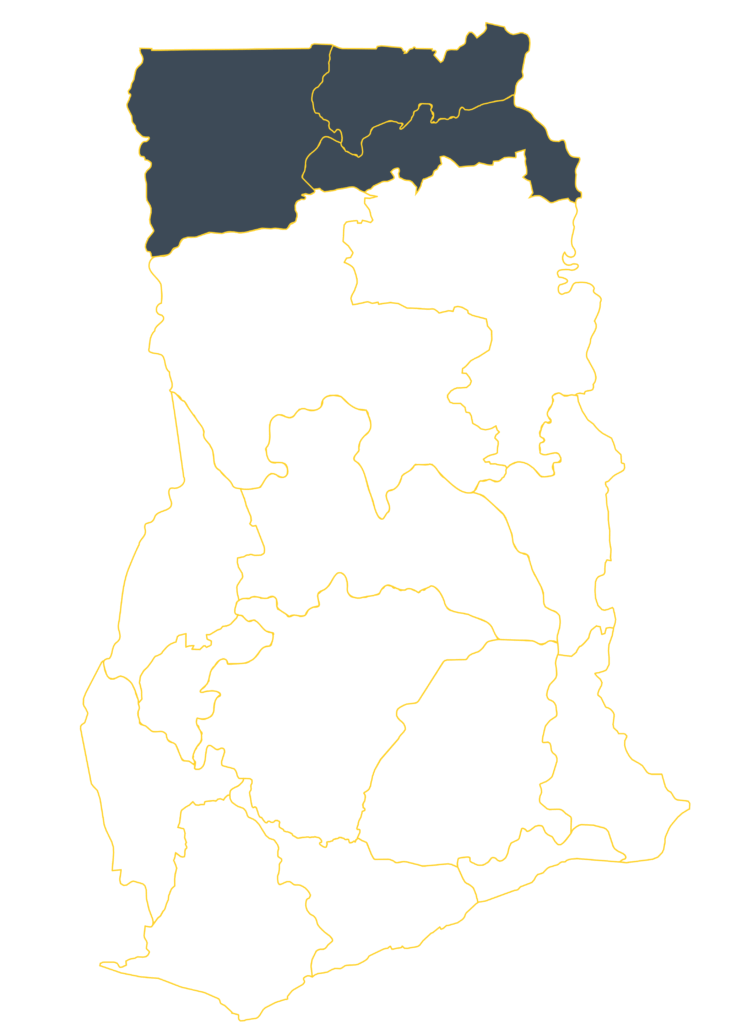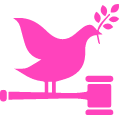GHANA
BACKGROUND AND CONTEXT
Ghana’s northern regions face vulnerabilities to violent extremism, despite the country’s overall stability. While internal and external factors contribute to this risk, the rise of extremist groups in the Sahel, particularly in Burkina Faso, increases the threat. Burkina Faso, ranked 1st on the Global Terrorism Index in 2025, shares a border with Ghana, raising concerns about potential spillover of violence and extremist influence.
Youth in northern Ghana, particularly in underserved communities, are vulnerable to recruitment due to unemployment, lack of education, and feelings of marginalisation. Extremist narratives often target these frustrations, seeking to radicalise individuals online and offline. GCERF began investing in the country in 2024 and till date USD 3 million has been invested to address these drivers of violent extremism.
OUR INVESTMENT STRATEGY IN GHANA
GCERF’s investment strategy outlines a comprehensive approach to address the drivers of violent extremism and guides civil society organisations in designing their programmes.
GCERF funds programmes that:
Create a supportive environment for preventing violent extremism by promoting community engagement and revitalising traditional conflict resolution mechanisms
Strengthen collaboration between civil society, local authorities, and community members to address grievances before they are exploited by extremist groups
Reinforce community cohesion and boosting the economic resilience of vulnerable populations, key factors in reducing susceptibility to recruitment by violent extremist groups
KEY FIGURES
(cumulative from 2024 to March 2025)
AREAS WHERE WE WORK
North East, Upper East, Upper West

Newsletter

Sustainable Development Goals

Peace, Justice & Strong Institution
No Poverty

Quality Education

Gender Equality

Decent Work & Economic Growth

Reduced Inequalities

